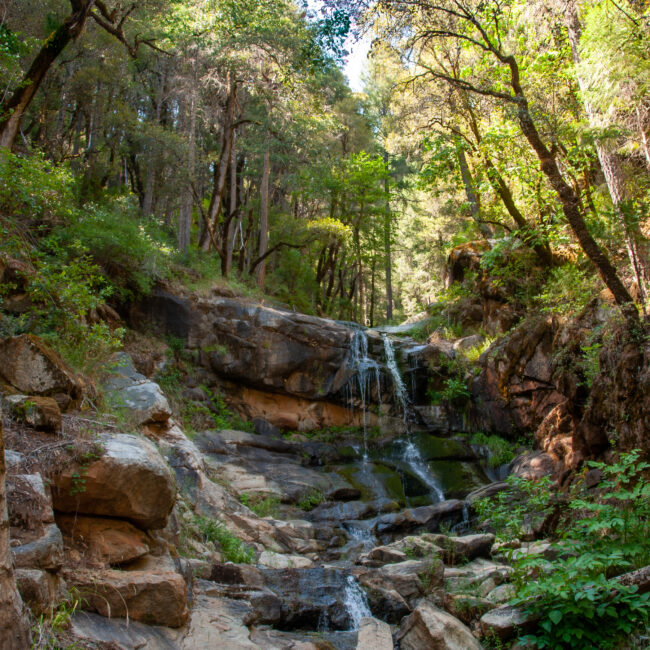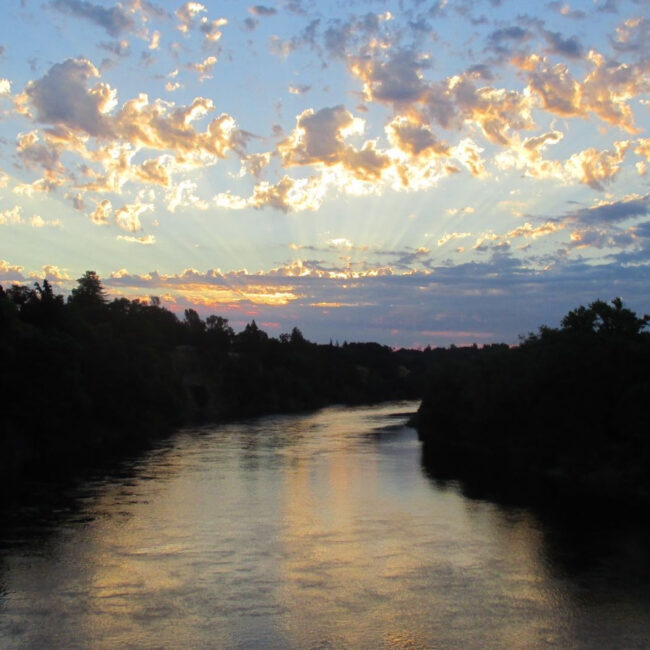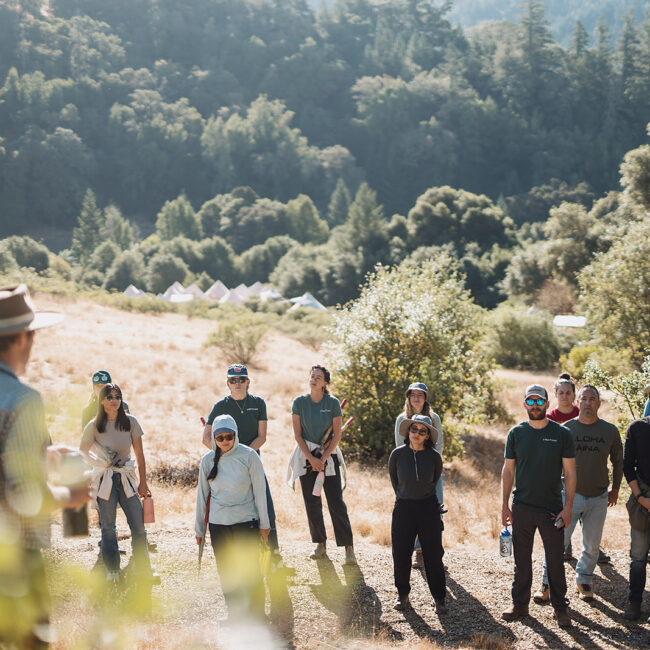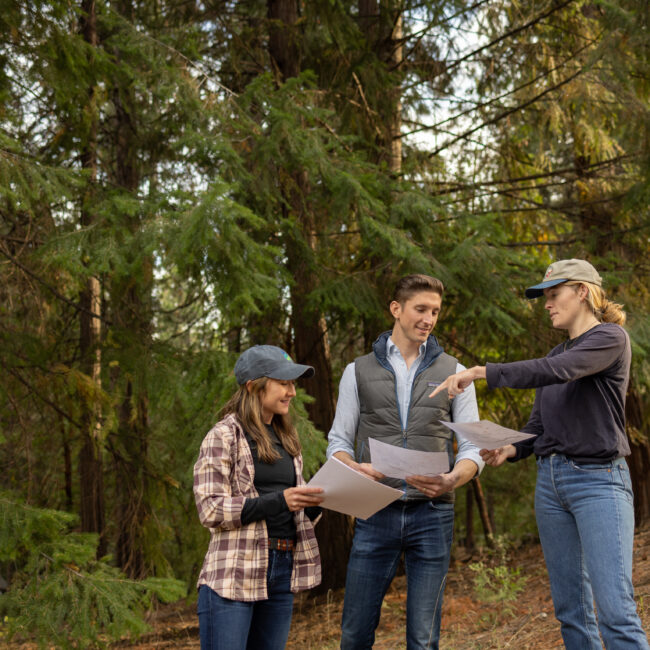About
We make restoration
projects happen
Swipe
Tahoe National Forest

Blue Forest is a non-profit conservation finance organization.
We bring people, finance, and science together to restore and protect our forests, watersheds, ecosystems, and communities.
We build partnerships with investors, land managers, non-profits, Native Nations, private companies, and the public sector. We catalyze the funds and partners needed to make restoration projects happen. We free up capital to start the work as quickly as possible. And we measure, quantify, and evaluate the results.
Why? Because landscape restoration needs to happen now, not in a decade.
Our Mission
To accelerate ecological restoration through conservation finance, enabling climate resilience for ecosystems and communities.
Our Values
-
Committed to Continuous Learning
We’re dedicated to deepening our knowledge as a team.
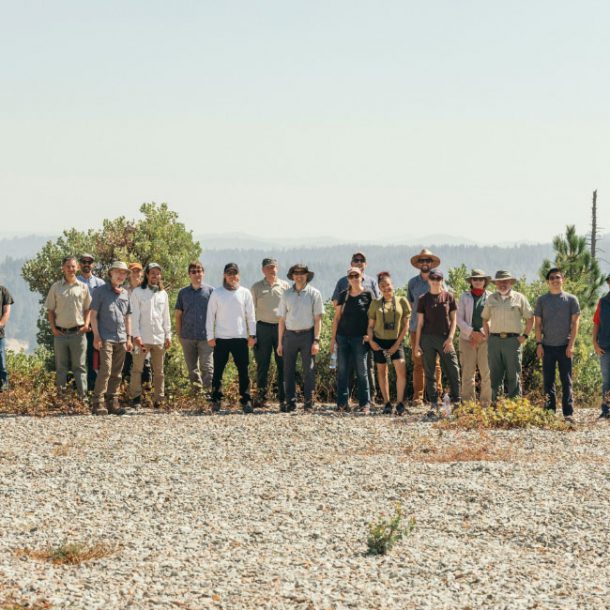
-
Driven by Collaboration
We believe ecosystem restoration can only happen through collaboration with partners and communities.
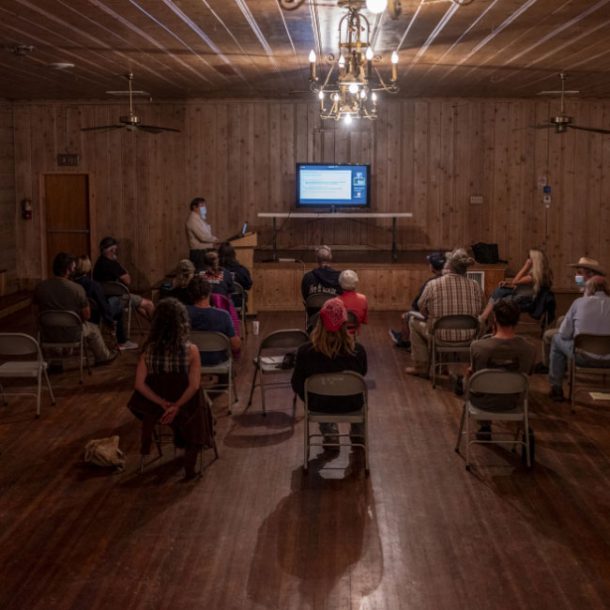
-
Thoughtful Innovators for Impact
We understand deliberate and careful innovation creates long-lasting solutions.

-
Grounded in Science
We believe effective ecosystem restoration is rooted in Western Science and Indigenous Knowledge.
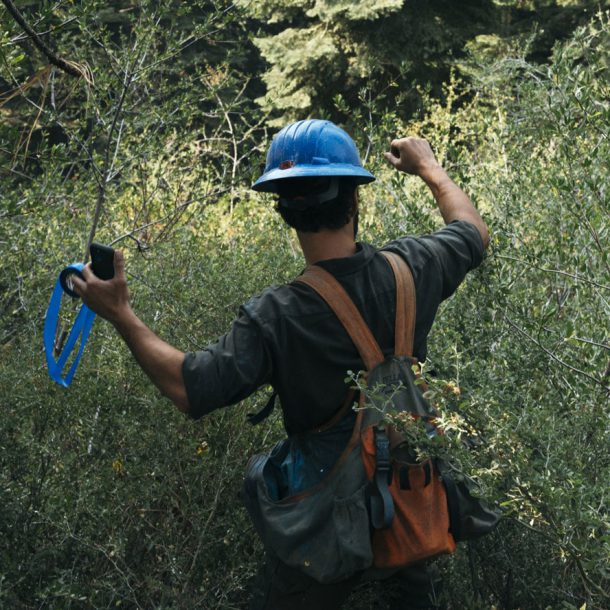
-
Passionate about Restoring Earth’s Ecosystems
We’re driven by an unwavering commitment to restoring our ecosystems.

The Challenge
Communities, natural resources, and infrastructure across the Western U.S. are at risk, facing the threat of extreme wildfire and other climate events. How did we get here?
The forests and landscapes we have now look very different from what was there before European settlement. They’re denser and very susceptible to large scale disturbances in the form of catastrophic wildfire, insect outbreaks, drought, and mortality.
This is because the last century has seen us move further and further away from actively managing these landscapes. Indigenous people and cultural burning practices have been removed from the land. Fire suppression – where all fires, including small, environmentally beneficial fires, are put out quickly – became widespread and led to declining ecosystem resilience. Additionally, climate change has increased the severity, risk, and frequency of megafires, extreme weather conditions, temperatures and whiplash precipitation events.
Ecological forest management is a proven approach to increase forest resilience, decrease the risk of catastrophic wildfires, and protect our communities. Unfortunately, insufficient and delayed funding for restoration projects, difficulties for local groups handling large up-front costs, and the challenges of bringing many different people together to manage land, has created a crisis for our forests, ecosystems, and communities.
We need to act now, and we need new approaches to stewarding the land and getting work done on the ground.

Tahoe National Forest
This is a heading
This is some copy in the classic editor block.
